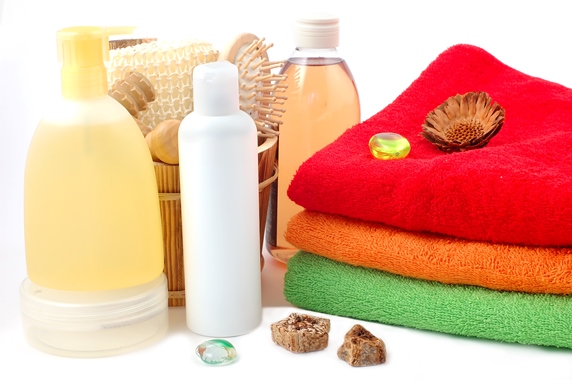Wintertime Dry Skin
 It only takes a few low humidity, cool days to bring on dry skin conditions. Aging also plays a big part in dry skin as the skins epidermis begins to lose elasticity and collagen. Dry skin in the winter can feel itchy, also known as winter xerosis. Since the water content of the outermost layer of skin reacts to the level of humidity around it, there are a few things you can do to help alleviate dry, itchy skin:
It only takes a few low humidity, cool days to bring on dry skin conditions. Aging also plays a big part in dry skin as the skins epidermis begins to lose elasticity and collagen. Dry skin in the winter can feel itchy, also known as winter xerosis. Since the water content of the outermost layer of skin reacts to the level of humidity around it, there are a few things you can do to help alleviate dry, itchy skin:
- Limit yourself to one 5–10-minute bath or shower daily and use lukewarm instead of hot water. Hot water strips away the natural oil in skin.
- Minimize soap and try a moisturizing soap, such as Dove or any of the other moisturizing soaps on the market. Limit the use of scratchy bath sponges, loofahs and overly scented soap.
- It’s helpful to moisturize skin immediately after bathing to help seal in the moisture.
- Frequent hand washing, while important during cold and flu season, is particularly rough on wintertime hands. Follow up with a good moisturizer after washing and reapply several times a day. Extremely dry hands can progress to cracked or bleeding skin. An effective hand moisturizer is Aquaphor, a petroleum product, which is clinically proven to restore smooth skin. It is also fragrance and preservative free for those with sensitive skin.
- If the humidity level in your home is low (under 60%) try using a humidifier to increase moisture in the air. This also helps if you suffer from dry eyes.
- Stay hydrated – drink water throughout the day.
See our Visiting Specialists page for a list of several visiting Dermatologists who can assist with skin care and treatment.
Mark your calendars for Tuesday, January 30 for “A Night Out with the Medical Center.” Neurosurgeon Robert Wicks will discuss vascular malformations of the brain and advances in management. This lecture is sponsored by Baptist Hospital and will be held in the Pelican Room, Carysfort Hall at 5:00 p.m., followed by a cocktail reception.
